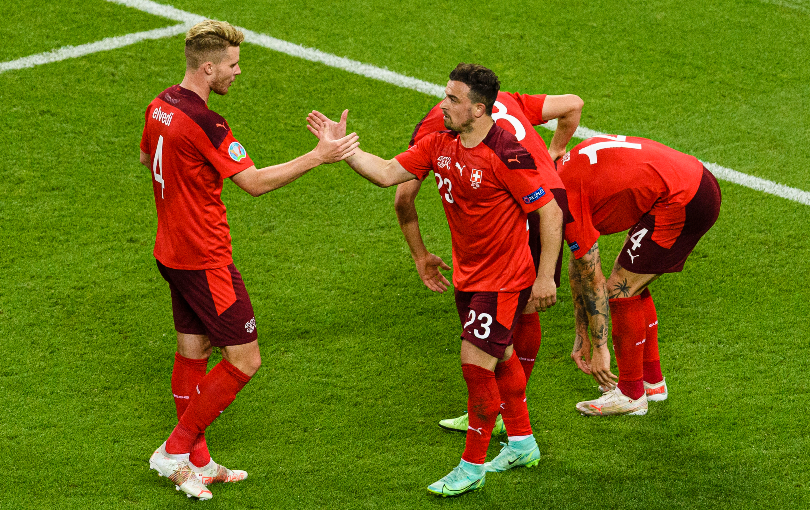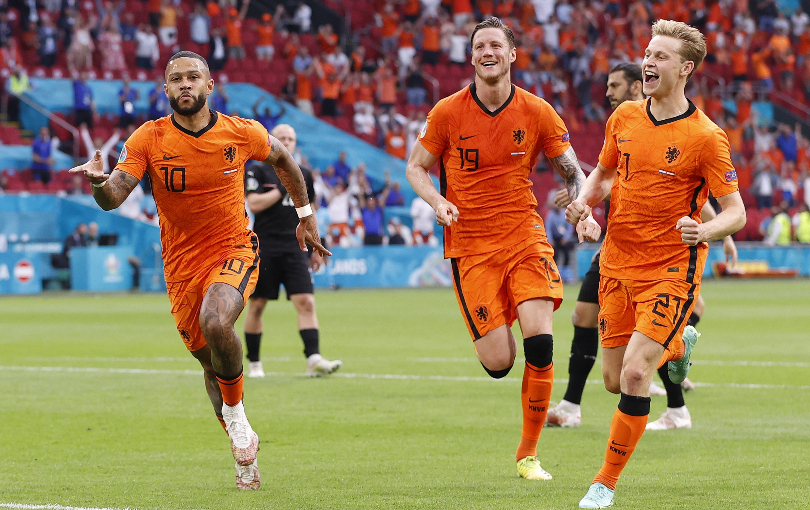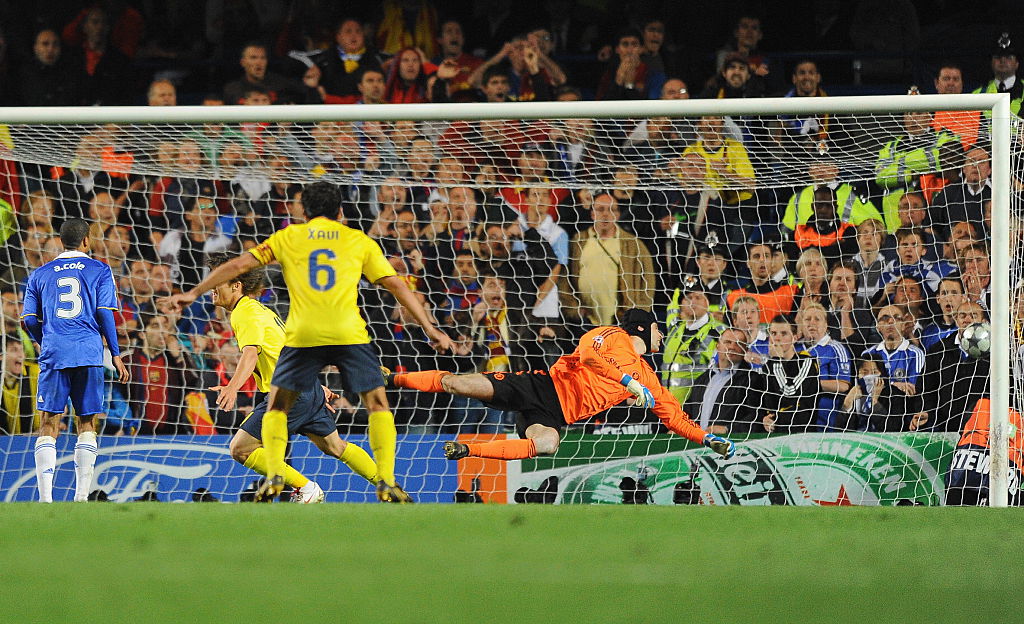Euro 2020 format: Which third-placed teams qualify for the knockout stages?
The confusing 24-team Euro 2020 format is whittled down to just 16 for the next round, allowing four third-place teams to progress

The extended 24-team Euro 2020 format – the second time it has been used – has made working out the teams playing in the round of 16 quite tricky. The top two from each group both automatically progress from the six groups, leaving four more places up for grabs in the knockout stages.
Four third-place teams therefore progress to the next round, while the two worst third-place teams are eliminated along with the six teams that finished bottom of their groups.
But how is it worked out which third-place teams progress? We try and clarify below.
The third-place teams are all placed into a separate group which determines their standings based on their performances in their individual group stage at the Euros. It is widely regarded that four points is enough to progress to the knockout stages, though Portugal managed to reach the last 16 in Euro 2016 with three points having finished in third-place - and they went onto win the tournament.

If teams are level on points, then whoever has the superior goal difference progress. If this is level it then moves onto the higher number of goals scored, then higher number of wins, then lower disciplinary points total based on yellow and red cards, and finally, if both teams are level after all of these measures, the team's position in the overall European Qualifiers rankings determines who progresses.
As of Tuesday morning, Switzerland, Finland and Ukraine have finished in third-place so far, with Switzerland on four points and Finland and Ukraine both on three. This means that any team with four or more points is guaranteed progression to the next round if they finish in third – which is why England progressed on Monday night.
Every team in groups D, E, and F can all finish third at this stage, with the likely total in each group at least three points.
Get FourFourTwo Newsletter
The best features, fun and footballing quizzes, straight to your inbox every week.
Netherlands are confirmed as the winners of Group B, and will therefore play third-place from either Group D, E, or F. How this is determined depends on how each third-place team qualifies, which throws up a possible 15 different combinations.
One of these combinations, for example, is shown when the four best third-place teams come from Group A, D, E, and F.
The third-place team from Group E will play the Netherlands, the winners of Group B. Meanwhile, The third-place team from Group F plays the winner of Group C - likely Belgium. Third-place from Group D plays the winner of Group E, while Switzerland (third-place from Group A) plays the winner of Group F.
Phew, hopefully you've managed to grasp that. But don't worry if you haven't, it'll all become clearer in a couple of days once the group stages are decided.
NOW READ
FOR YOUR HOME Euro 2020 wall chart: Download free with full schedule, fixtures and dates
REFS Euro 2020 referees revealed: who are they, how were they selected and will VAR be in use?

Ryan is a staff writer for FourFourTwo, joining the team full-time in October 2022. He first joined Future in December 2020, working across FourFourTwo, Golf Monthly, Rugby World and Advnture's websites, before eventually earning himself a position with FourFourTwo permanently. After graduating from Cardiff University with a degree in Journalism and Communications, Ryan earned a NCTJ qualification to further develop as a writer while a Trainee News Writer at Future.
